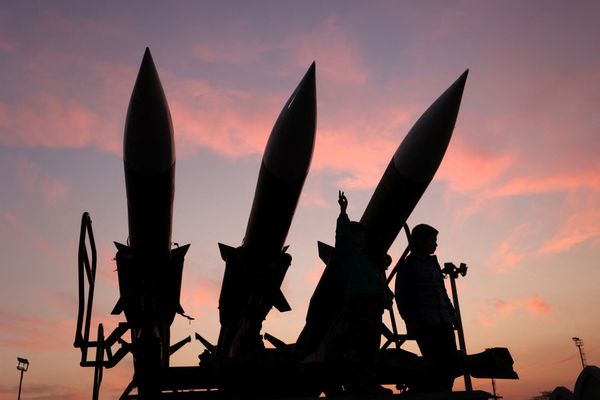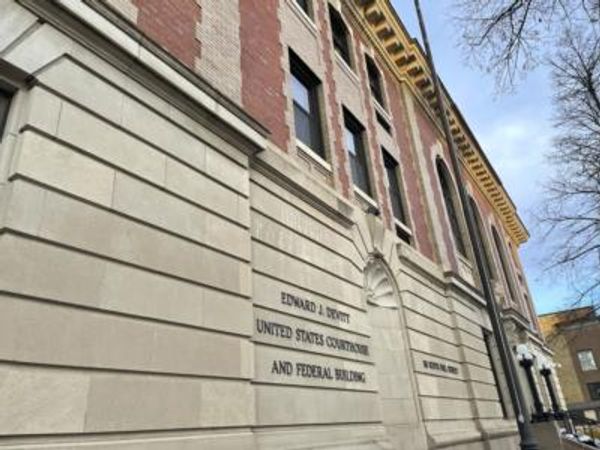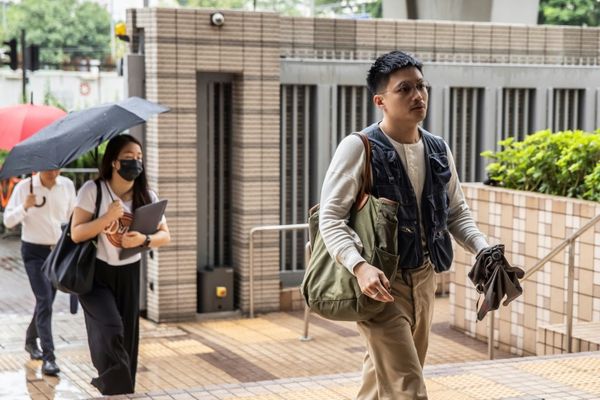
Federal, state and territory ministers will meet to discuss the developing energy crisis with burgeoning gas, petrol and electricity prices being described as a perfect storm.
Deputy Prime Minister Richard Marles said the government would consider using whatever mechanism can be used to counter tightening gas supplies across the east coast.
“We’ll be meeting with the regulator (and) with our state counterparts in a ministerial meeting next week to look at every available option here,” he told the Nine Network.
“The regulators already said that in initiating the gas supply mechanism they’re already seeing more gas supply into the southeast corner of the country and that should have a short-term impact.”
On Wednesday, the Australian Energy Market Operator triggered the Gas Supply Guarantee Mechanism for the first time since the measure was introduced in 2017 in order to secure gas for power generators and ward off a potential shortfall in southern states.
Increased winter demand for energy, unscheduled outages at coal-fired power stations and gas shortages due to the war in Ukraine have led to soaring gas and electricity prices across much of Australia.
Energy Minister Chris Bowen will convene the meeting next week.
The government will work towards increasing renewable energy takeup in the medium to long term, but changes to the energy grid will take time, Mr Marles said.
“What we have got now is really the product of nine years of failure on part of the former government in terms of having consistent energy policy,” he said.
“Investment in renewables is down, which is why we don’t have a grid that can accept them.”
Opposition Leader Peter Dutton called the characterisation a complete rewrite of history.
“This government went to the election saying they had the answers and clearly they don’t. You look at Chris Bowen now, he is like the bunny in the headlights and he has no idea which way to go,” Mr Dutton said.
“This is nothing to do with renewables. I think the government has to take responsibility for what is a serious issue.”
While international factors outside the control of Australia are impacting markets, Mr Dutton said the mechanisms are in place to handle changing circumstances.
“It seems to me that the inexperience of both Anthony Albanese and Chris Bowen is shining through. They have got the ability and the legislation there to deal with this and they don’t know what they should do.”
Director of the Monash Energy Institute Professor Ariel Liebman says Australian markets are exposed to international supply constraints with retailers shipping a vast amount of gas overseas.
“We have huge amounts of coal seam gas which was allowed to be exported with none reserved for Australia which has ultimately led to a situation where Australians are paying for gas prices at global parity,” he said.
“This would all have been preventable if successive governments had paid proper attention to rigorous monitoring and regulation of all the key energy markets in Australia.”
Prof Liebman says the government should pull the gas trigger, known as the Australian Domestic Gas Reservation Mechanism, to divert exports and shore up domestic supply.
“The best immediate solution would be to pull the so-called ‘gas trigger’ to requisition supplies of gas intended for export,” he said.
“In addition, the government should also seriously consider a full gas reservation policy for the entire country, similar to the one in Western Australia and the United States.”
The government hasn’t ruled the action in or out, but Mr Bowen said if used, it could not come into force until January 1 next year.







